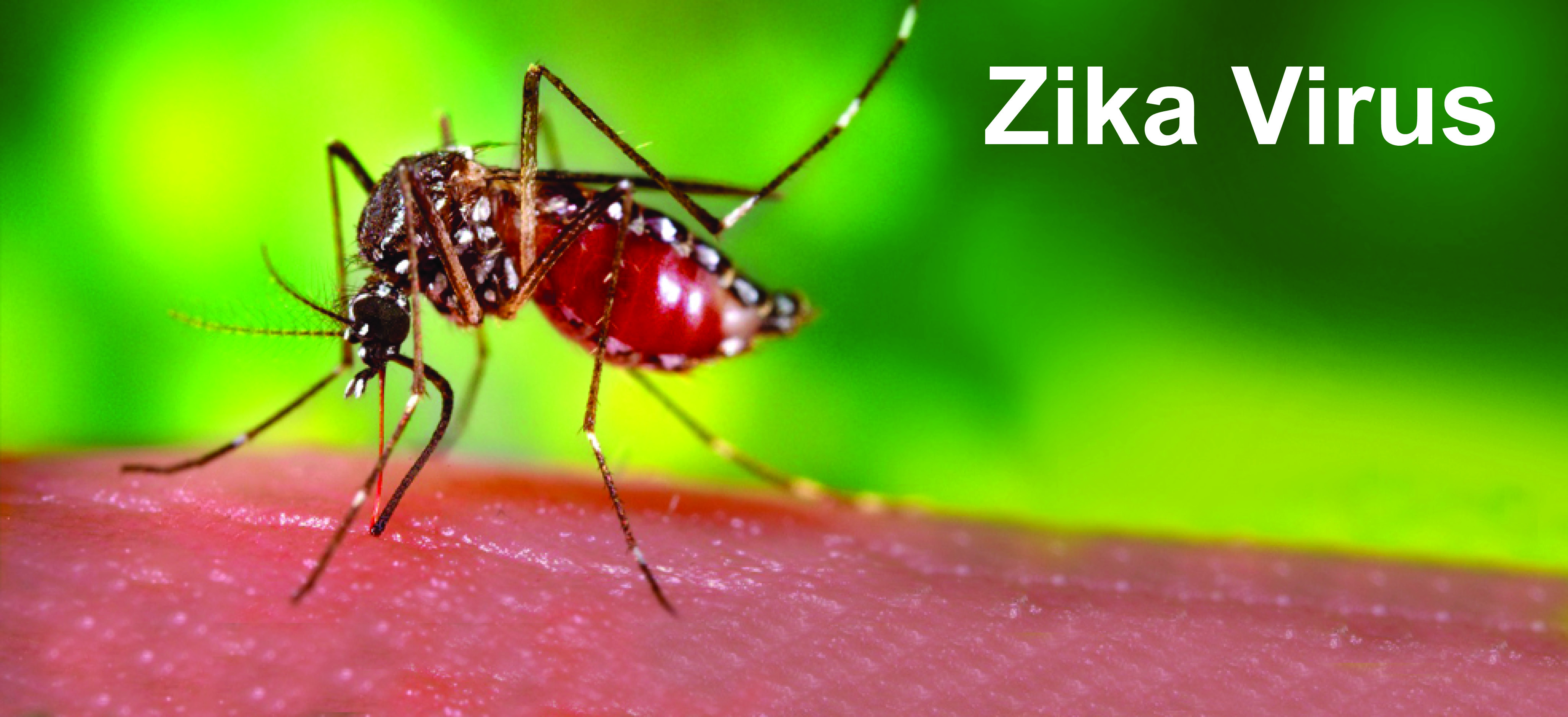Bacteria and virus can flourish around you anytime, anywhere. Whether you are traveling in public transport or sitting in an air-conditioned workplace, you can catch any disease from common cold to severe viral fever.
Yes, medical facilities are readily available in order to get cured at the earliest. But, many of us still make some common mistakes which prolong our illness, and sometimes, make it worse. Well, it not only takes the persistence but basic awareness to recover completely.
Here are a few of those mistakes that you need to stop making in order to get well soon:
Popping Pills: Indeed, medicines are easily available. But, turning up to a nearby drugstore and popping a pill without consulting your doctor is the foremost mistake that most of you do not realize. Such impulsive behavior can actually do more harm to your body than good.
Ignoring Nutritious Food: Feeling weak and lethargic is a part of the recovery process. Yes, it does kill your appetite too, but you need to make sure that you are keeping yourself hydrated and consuming enough of nutrients. So, eating fresh fruits and nutrition-rich foods such as chicken soup, khichdi, eggs is must to regain strength and physical stamina.
Taking Excessive Stress: Thinking about all that piled up work while taking the due rest that your doctor has recommended is really a very bad idea. Stress and anxiety will only slow down the healing process. So, focus on relaxing and getting your immunity back. Once you are fueled up, you can resume the normal activities with great energy.
Ignoring The Early Signs: Having a blocked nose and headache are early signs of falling ill. These symptoms are usually not taken seriously, and people go about their day as usual, but the fact is that these signs are telling you to slow down and take time off to recuperate. So, pay heed to the signs of your body.
Spreading Germs: Ignoring the symptoms and mixing freely with everyone is actually doing more harm, not only to your own self but to others as well. Others become prone to illness if you mingle freely with them. So, avoid sharing tissues, pillows, utensils or anything that comes in contact with you.
Neglecting Time-Tested Remedies: Old time-tested remedies are the best way to go and people often forget them amidst the readily available prescription drugs out there. The regular intake of turmeric milk, ginger, honey and lemon can work wonders for chest congestion and cold. These will not only help you boost your immunity but can speed up the entire recovery process.
Smoking and Alcohol Consumption: Nothing is worse than smoking cigarettes and consuming alcohol when it comes to your health and immunity. So, when you are sick, try to control the urge to smoke or drink.
When it comes to convalescing from sickness, taking due care is more important than following the medications blindly.
The case of the Zika virus was first discovered in Uganda. It is a severe disease which is transmitted by the Aedes mosquito, the same type of mosquito that carries the dengue fever, yellow fever, and chikungunya virus. Zika virus disease is a communicable disease therefore, a mosquito bites an infected person and then passes the virus to other people it bites. Some studies have also shown the virus can be found in blood, semen, urine, and saliva of infected people, as well as in fluids in the eye. In addition, infected pregnant women can pass the virus on to their fetus. According to a recent study, Zika virus could lead to a greater risk of miscarriage in the early stage of pregnancy. The study was published in journal, Nature Communications.
Researchers at Johns Hopkins University Bloomberg School of Public Health administered Zika virus directly into the reproductive tract of pregnant mice that have an intact immune system for the research. The researchers found that the Zika virus appears to create disorganization in the cellular layers of the placenta that keeps toxins, bacteria and viruses from crossing. This disorganization could be how the virus penetrates the placenta to infect the fetus. Researchers have discovered a mechanism by which Zika may be keeping antiviral proteins in the body from doing their job of protecting cells from the virus. For the research, the scientists developed a new mouse model which they say is uniquely capable of helping them to understand the mechanisms behind Zika transmission to the fetus.
For conducting the research, they injected Zika virus directly into the reproductive tract of the pregnant mice during what would be the equivalent of the first trimester in a human. The researchers used several different strains of the virus, using older strains – one from an outbreak in Nigeria in 1968 and another from Cambodia in 2010 – and contemporary ones from Brazil and Puerto Rico, from the most recent epidemics. The viability of fetuses after Zika infection was reduced, regardless of which strain was used. Viability ranged from 56 percent from infection with the Brazil strain to 71 percent following infection with the Nigeria strain. That means anywhere from 29 to 44 percent of pregnancies were lost following infection. When the researchers infected the mice in the equivalent of the late second trimester instead, however, many fewer miscarriages occurred, suggesting that there is less vulnerability to Zika later in pregnancy.
The placenta plays a key role in a healthy pregnancy. It is typically organized into discrete layers of tissue. Under a microscope, the researchers found that the layers of tissue in the placentas of the mice infected with Zika virus were no longer organized well and might be how the virus could penetrate the fetus. While the virus appeared to cross into the placenta fairly easily during the first trimester, the same was not true in the second trimester. As in humans, the direct effects on the pregnancy were much less pronounced if the infection occurred later in pregnancy.










